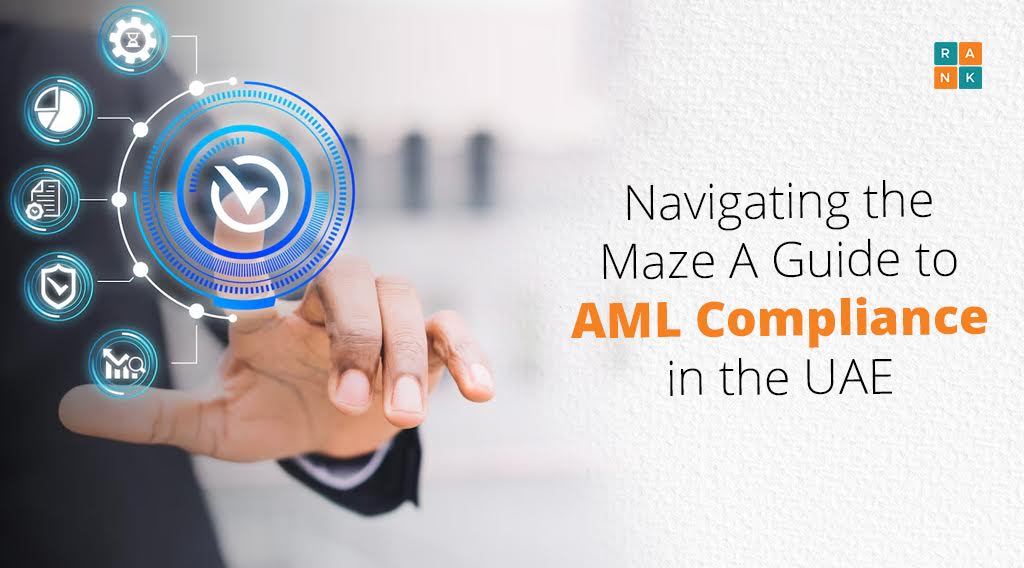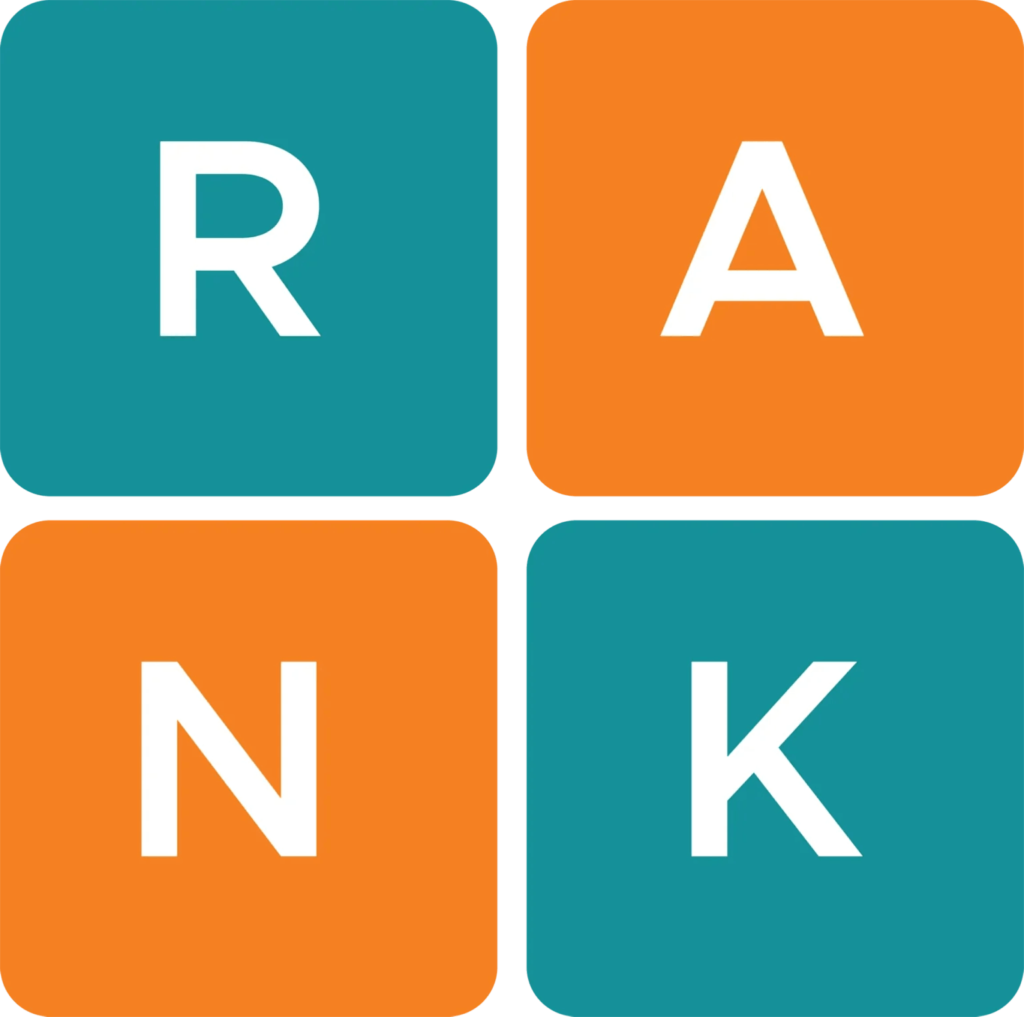
Dubai, the dazzling metropolis that seamlessly blends desert sands with towering skyscrapers, is a magnet for international businesses. Its strategic location, world-class infrastructure, and commitment to innovation make it a prime destination for establishing a foothold in the Middle East. However, this vibrant financial hub also prioritizes robust anti-money laundering and counter-terrorism financing (AML/CFT) regulations. For accounting and business setup consultancies like Rank, navigating the intricacies of AML compliance in the UAE can feel like a labyrinthine challenge. But fret not, for this comprehensive guide will equip you with the knowledge and resources to confidently navigate this crucial aspect of operating in Dubai.
Understanding the Threat: Why AML Compliance Matters
Money laundering and terrorist financing pose a significant threat to the global financial system. Criminals utilize elaborate schemes to disguise the origins of illicit funds, potentially destabilizing economies and fueling terrorism. The UAE, a leading financial center, takes AML/CFT regulations very seriously. Strict compliance not only protects your business from hefty fines and reputational damage, but also demonstrates your commitment to a secure and transparent financial environment.
Who Needs to Comply with AML Regulations?
The UAE’s AML regulations encompass a broad spectrum of entities, ensuring a comprehensive approach to combating financial crime. Here’s a breakdown of the key players:
- Financial Institutions (FIs): This category includes banks, insurance companies, money exchange houses, investment firms, and any other entity licensed to provide financial services.
- Designated Non-Financial Businesses and Professions (DNFBPs): This group is more diverse and includes real estate agents, precious metals dealers, lawyers, accountants, auditors, virtual asset service providers (VASPs), and anyone else designated by the authorities as posing a potential money laundering risk.
If you’re unsure whether your business falls under these categories, it’s crucial to seek guidance from a qualified professional like Rank’s team. We can analyze your specific business model and activities to determine your AML compliance obligations.

The Bedrock of AML Compliance: Core Pillars
The UAE’s AML framework rests on several key pillars that form the foundation of a robust compliance program. Here’s a closer look at each pillar:
- Customer Due Diligence (CDD): This cornerstone principle involves verifying the identities of your customers. Depending on the risk profile, CDD can range from simple verification for low-risk clients to enhanced due diligence for high-risk scenarios. CDD typically involves collecting and verifying basic information like name, address, date of birth, nationality, and source of wealth.
- Simplified Measures: For low-risk customers, simplified measures might suffice. This could involve verifying basic information through government-issued IDs and checking against sanctions lists.
- Standard Measures: For medium-risk clients, standard measures are typically applied. This may involve obtaining additional documentation like proof of address, employment, and income verification.
- Enhanced Measures: For high-risk clients, enhanced due diligence is required. This might involve investigating the source of funds and wealth, understanding the nature and purpose of the business relationship, and obtaining information on beneficial ownership (who ultimately owns or controls the company).
- Know Your Business (KYB): Similar to CDD, but applied to businesses you partner with. KYB involves understanding the ownership structure, activities, and risk profile of your business partners. This helps identify potential red flags and mitigate the risk of being used as a conduit for illicit activities.
- Ongoing Monitoring: AML compliance is not a one-time exercise. Transactions and customer activity need to be continuously monitored for suspicious patterns that could indicate money laundering or terrorist financing. These patterns might include large cash transactions, unusual activity for the customer’s profile, or transactions with sanctioned individuals or entities.
- Suspicious Transaction Reporting (STR): If you suspect a transaction is suspicious, you are legally obligated to report it to the UAE’s Financial Intelligence Unit (FIU). The FIU is a specialized government agency responsible for analyzing STRs and investigating potential financial crime.
- Record Keeping: Maintaining detailed records is crucial for demonstrating your commitment to AML compliance. These records should include all CDD/KYB procedures, customer information, transaction details, and STR filings. The specific retention period for these records varies depending on the type of information.
Staying Ahead of the Curve: Keeping Up with Evolving Regulations
The UAE’s AML regulations are constantly evolving to adapt to emerging threats and international best practices. Staying informed about these changes is crucial for maintaining compliance. Here are some ways to keep yourself updated:
- Central Bank of the UAE (CBUAE): The CBUAE is responsible for AML/CFT supervision in the UAE. Their website provides valuable resources and guidance, including AML/CFT manuals, frequently asked questions (FAQs), and updates on new regulations [https://centralbank.ae/en/cbuae-amlcft].
- Financial Action Task Force (FATF): This international organization sets the global standards for AML/CFT. Their website offers a wealth of information, including best practices, typologies (red flags), and guidance documents [https://www.fatf-gafi.org/en/home.html].
- Seek Professional Help: Rank’s team of experienced consultants can be your trusted partner in navigating AML compliance. We can help you develop and implement a customized AML program tailored to your specific business needs. Our team stays up-to-date on the latest regulations and can provide ongoing support to ensure your business remains compliant.
The Rewards of Effective AML Compliance: A Win-Win Situation
Beyond regulatory compliance, a robust AML program offers your business a multitude of benefits:
- Reduced Risk of Penalties: Non-compliance with AML regulations can lead to significant financial penalties, reputational damage, and even criminal prosecution. An effective AML program minimizes these risks, allowing you to focus on growing your business.
- Enhanced Reputation: Demonstrating a commitment to AML/CFT strengthens your reputation as a trustworthy and responsible business. Potential clients and partners are more likely to do business with a company that prioritizes financial integrity.
- Improved Client Relationships: By upholding the highest ethical standards, you foster trust and confidence with your clients. This can lead to stronger, long-term business relationships.
- Stronger Financial System: A collective effort towards effective AML compliance safeguards the integrity of the UAE’s financial system. This promotes a stable and secure business environment for all participants.
Conclusion: Building a Brighter Financial Future Together
AML compliance in the UAE might seem daunting at first glance, but with the right guidance and resources, navigating this crucial aspect becomes manageable. By understanding the regulations, implementing robust procedures, and staying informed, your business can thrive in Dubai’s dynamic financial landscape while contributing to a secure and transparent environment for all.
Ready to Take Control of Your AML Compliance?
Rank is here to help. Our team of experts can assist you in developing a customized AML compliance program that meets all regulatory requirements. Contact us today to schedule a consultation and ensure your business operates with confidence and clarity in the UAE.
Remember: AML compliance is not just about ticking boxes; it’s about protecting the integrity of the financial system, safeguarding your business, and building a brighter financial future for Dubai. Let’s work together to make a positive impact.
